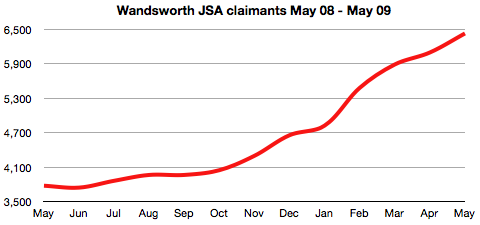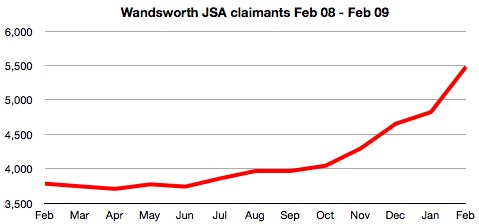My usual end of week wrap-up of bits and pieces I want to highlight or didn’t post about at the time.
Pre-summer council meeting
Wednesday saw the council had it’s last full meeting before the summer recess. Of course, the council doesn’t take a holiday in the same way that Parliament does, but there’s a break in meetings during August before starting again in September. And, like any large organisation, things get a little quieter because of holidays.
The July council meeting always seems to reflect a pre-summer lethargy. I’d always blamed the bad ventilation in the Council Chamber, which made it hot and stuffy in July. But following the collapse of the roof and our move to the Civic Suite I discovered that July is a flat meeting for other reasons.
The debates lacked spark (despite some excellent contributions on our side) and the meeting was other remarkably quickly for a full council.
Of course, there’s also a slight lull because everyone knows that a general election is coming and whatever there are going to be major spending cuts, but politics means that neither party can really address these. Hence the ridiculous language of “0% raises” from Gordon Brown and endless offers of cash that, mysteriously, end in 2010/11 (thus making the next guy seem like the scrooge).
This affects councils of every political complexion, not just Conservative, and while it might make for interesting politics, it’s not the way a country should be run.
CCTV
I can’t not mention the debate, opened up by the BBC, on CCTV cameras. It is definitely an interesting one; but what I found fascinating (as well as a little reassuring given my feelings on civil liberties) was the common ground I had with Shami Chakrabarti on them when I did BBC Breakfast. It might be a strange alliance, but I think it was something of a victory for common sense. As is often the case, it’s not the sensationalist headline, but the detail behind it. It doesn’t really matter how many cameras any organisation has, it’s the controls behind them that counts.
Surgeries
Another bit from the last week I’m rather pleased with is the discussion started on this blog and continued here, here and elsewhere, about surgeries. Yes, it might seem a minor issue – over the course of the year it’s only 150 man-hours in Wandsworth – but it’s good to see that a blog can start a little debate which, I hope, might lead somewhere.
Meeting the police
This week also saw one of my more formal meetings with the police. While I seem to see them fairly often, one way or another, I do have a regular session with the Borough Commander, Chief Superintendent Stewart Low so we can both catch up with what each side is doing.
Obviously a lot of the meeting is not for repeating here. However, one thing did come across clearly (and shows in the crime maps on this site) is that the recession is having an impact on crime. This is not just a Wandsworth phenomenon, it’s happening across London and the rest of the country.
Burglary is one of the crimes that really seems to be on the up. While the police are doing a great job there’s still a lot we can do to avoid becoming a victim of crime. The Met’s crime prevention pages and the Council’s Community Safety Division both suggest lots of ways you can make yourself safer.
 Because of my blogging, Twittering and dabbling in other things digital-engagement I seem to have fallen in with a crowd who are passionate about the power of social media to change the world. Sadly, I am a cynic, a pessimist who recognises that for all its power, it’s limited.
Because of my blogging, Twittering and dabbling in other things digital-engagement I seem to have fallen in with a crowd who are passionate about the power of social media to change the world. Sadly, I am a cynic, a pessimist who recognises that for all its power, it’s limited.
